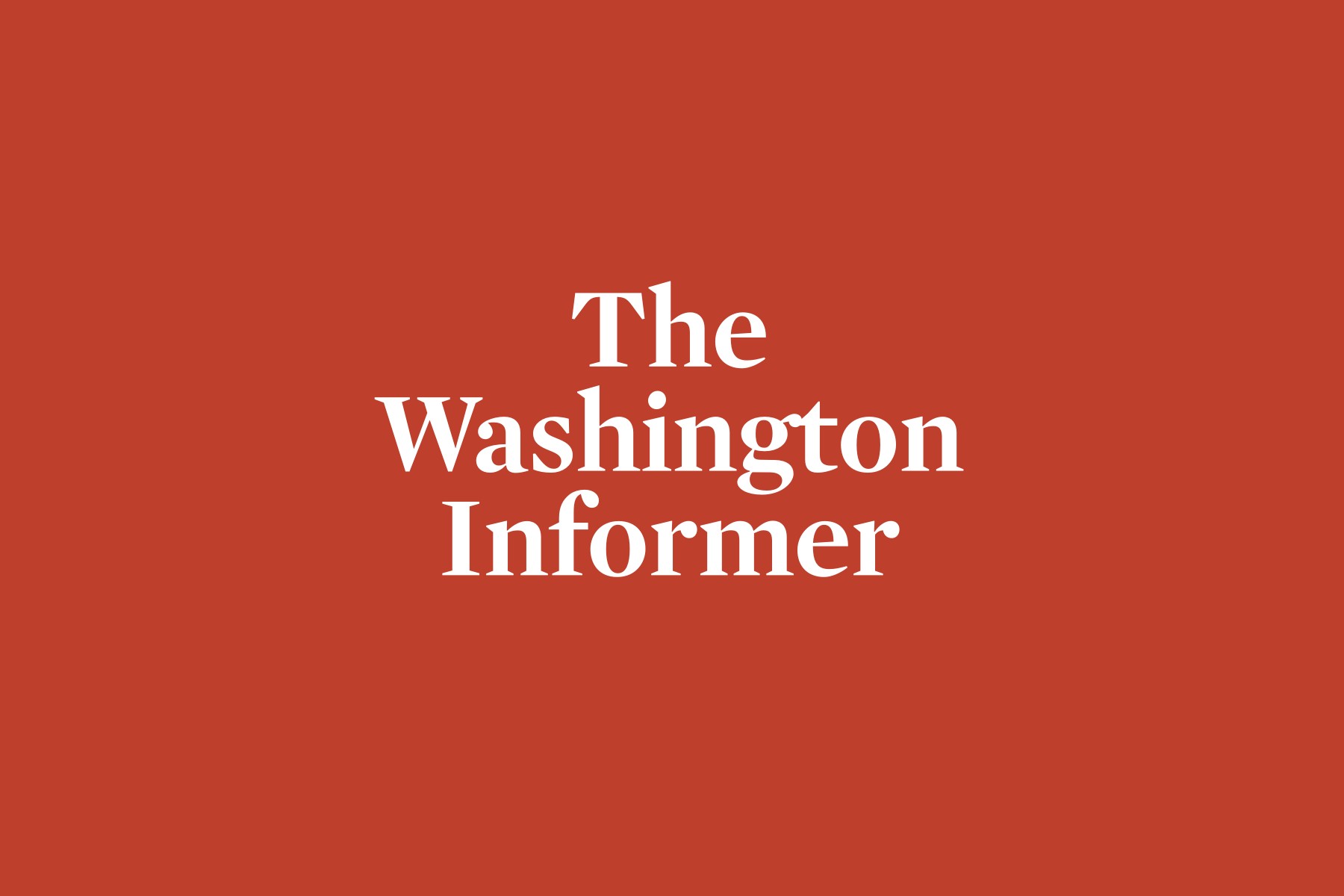Ever since the unprecedented era of COVID-19, the health care industry has been riddled with momentous challenges, from the pressures to effectively contain the virus, to frightening shortages of medical professionals across the nation. Similarly, the District faced its share of challenges with stints of database errors reporting inaccurate numbers of covid diagnoses, along with technical glitches causing delays within the city’s vaccination portal.
Created in efforts to strengthen the city’s public health data framework and workforce after the pandemic, Howard University (HU) and the University of the District of Columbia (UDC), with support of the Department of Health and Human Services’ (HHS) Public Health Informatics Technology for D.C. (PHIT4DC). A curriculum of courses offering free training, particularly in health data management, PHIT4DC is exclusively dedicated to East of the River residents to provide support in some of the District’s most medically underserved regions.
“Our ultimate goal was to develop a cohort of individuals that were comfortable going back into their community. So while our focus is Wards 7 and 8, we wanted to make sure that people were able to go back into that community and build trust,” said Charletta Washington, a program manager and instructor for PHIT4DC.
“We know that in the health care sector, our communities don’t trust and history has given us that lesson,” Washington added. “So part of this is being able to not just understand the systems but build a cohort of individuals that can go back into the communities to build that trust so that we’re sharing the information, and it then has a positive impact on the community.”
During the course of the pandemic, 70% of COVID-19 deaths came from the communities of Wards 7 and 8 alone. These statistics inspired the cohort of universities and stakeholders to create solutions that would engage scholars to learn meaningful skills that will reshape the District’s public health informatics and technology.
The joint program presents a variety of training pathways to local scholars, providing virtual learning opportunities to more than just the traditional grade school student. The curriculum provides specialty courses within their expert pathway, tailored for existing health experts already in the field, but seeking additional training. Some of the coursework includes: informatics of population health, abbreviated courses for those who are considering a career in health care and working to become employable in different spaces of the workforce; a pathway for traditional students who use the courses as an elective counting toward their undergraduate or graduate schemes; and a pathway dedicated to career-changers, for people who are in the workforce but wish to merge into the health care industry.
Growing into its second year of classes, the bevy of courses is financed through an $8.7 million grant by way of the Office of the National Coordinator for Health Information Technology, a federal entity within the Health and Human Services Department. The grant funding’s primary purpose through the federal government’s American Rescue Plan, is to implement a workforce diversification and transformation effort in public health informatics and technology training across “minority-serving institutions’, including various Historically Black Colleges and Universities.
Dr. Mary Awounda, associate professor for the Howard University College of Pharmacy, stresses the program’s major objective: to help transform the District’s health care system, as the pandemic presented a slew of critical lessons highlighting a challenging lack of connectivity.
“That connectivity is supposed to be advanced using technology that is now available, but all of the players and the stakeholders and the workforce weren’t prepared to use these tools and technologies, which ultimately could advance community health, advance public health, and advance health care in general,” said Awounda.
One of the technologies that could have served as more instrumental during the COVID-19 health emergency was highlighted when observing the state-designated health information exchange system, which many local medical practitioners do not have proper knowledge of its use.
Those providers in the District who are directly connecting with and touching patients in other medical spaces, not necessarily in a doctor’s office, do not always understand how those systems work. These gaps inspire the collective’s ultimate goal: to transform the workforce in forming a public health and informatics landscape that understands the unique problems that contribute to the health and structural issues across D.C.
“There’s a lot of excitement from our partners and advisory board to help us make decisions and ensure we are moving on the right track. They are excited about the possibilities, as we are excited about the possibilities,” Awounda said. “For everyone on this project, it is a real labor of love, and desire to make this work to the extent that it can help our community.”

